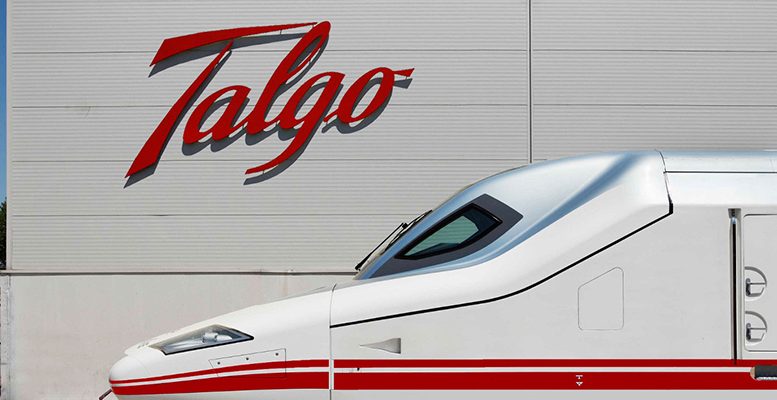The Minister of Transport, Óscar Puente, yesterday revealed his intention to do “everything possible” to reject the Hungarian takeover bid for Talgo, and made it clear yesterday that the Government will play the ‘anti-opposition shield’ card to prevent the entry of the Hungarian group Magyar Vagon (Ganz-MaVag) in the train manufacturer Talgo as it doubts the origin of the funds that will finance the operation, valued at more than €600 million. The government does not rule out that they come from Russia.
The Hungarian consortium, which has already obtained the backing of the banks for the operation, has not yet officially presented its acquisition proposal for 100% of the capital, and in fact plans to do so in the coming days to the National Securities Market Commission (CNMV).
According to sources close to the acquiring holding company, “the process is continuing” while waiting for Ganz-MaVag Europe, the company through which the purchase will take place, to convene its board of directors, and for Talgo to formally receive the letter of intent.
The government is suspicious of the bidder’s opaque business network and the links between Moscow and the state fund Corvinus, which will finance part of the operation. Behind the deal is András Tombor, a businessman who in 2022 acquired the DJJ train factory, until then in the hands of the Russian TMH group.
A 55% stake in Ganz-MaVag is held by Zsolt Hernádi, chairman of Hungarian oil company Mol, and Zsolt Komondi, former chief of staff in the Orban government’s ministry of national development. The remaining 45% is owned by Corvinus, which ignored the sanctions to support Russia’s International Investment Bank.





